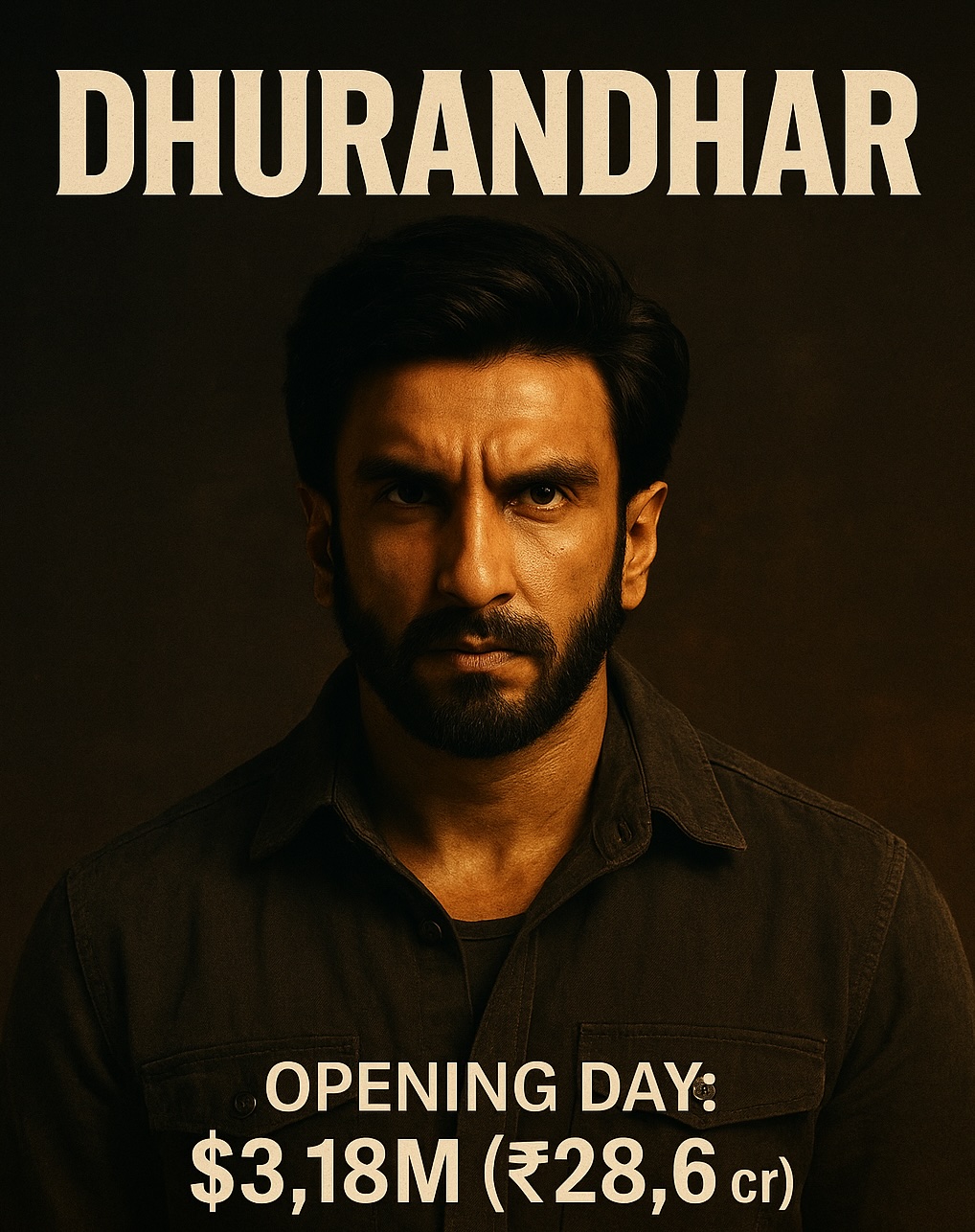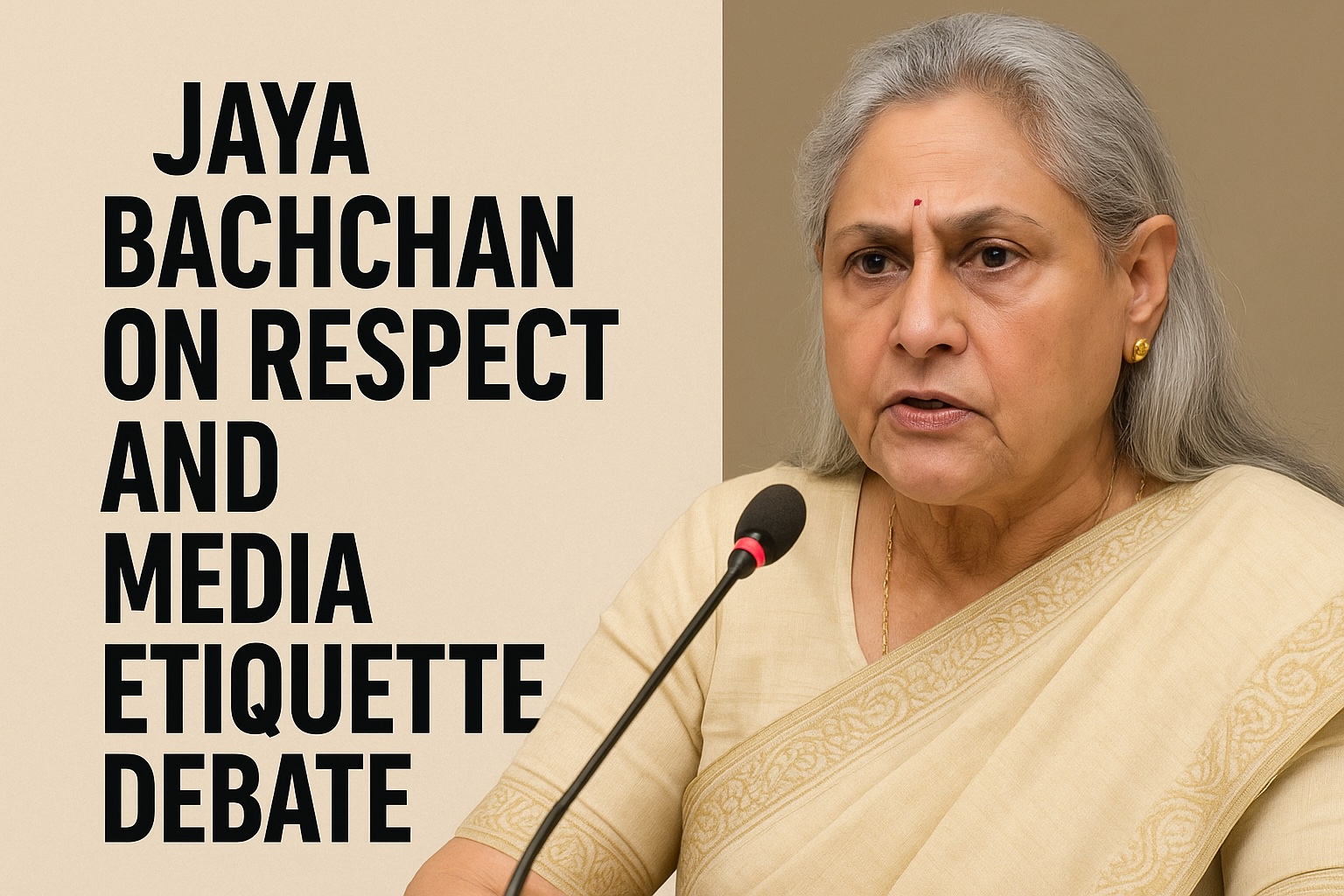MUMBAI: The American consumer forum – Federal Trade Commission recently updated its Consumer Protection Rules for online activities, placing new guidelines on celebrities and what their allowed to say on their own social media platform. These guidelines come in the light of the fact that a lot of celebrities have started using their personal Twitter, Facebook and other social media accounts to promote the brands that they have signed on for endorsing.
In India too, Bollywood seems to have picked up “social media advertising” trend. While Priyanka Chopra or Amitabh Bachchan may make a passing reference to the brand they endorse, we recently saw Salman Khan heavily promoting ‘Thums Up’ on his Facebook page. He used the medium as a promotional device to increase and attract attention towards the brand. He even changed his cover page to a ‘Thums Up’ poster which resulted in hundreds of thousands of his fans to talk about the brand and its product. SEE REPORT
Looks like the American Consumer forum does not agree.
We often see celebrities post pictures on Twitter, Facebook, Instagram and many other social networking mediums to talk about the brands that they’re associated with. We see them upload pictures post photo shoots or with the crew members or we even see them write about their experience with the company. The FTC therefore, announced new guidelines to outline the rules of endorsing brands on social networking websites.
FTC explained its rules by giving examples of ‘tweets’ by a fictional celebrity they created named – ‘Juli Starz’. Starz endorsed a ‘fat-away’ pill that helps her lose 30 pounds in six weeks. She tweeted about the pill and added a link to the company’s website. FTC now considers that kind of endorsement as illegal in the U.S, for it doesn’t make it clear that the post is an ad and it also lacks a qualification saying how likely it was that others could anticipate that kind of result. In a second example, the FTC showed ‘Juli Starz’ using the ‘#spon’ hashtag to specify that it’s a sponsored posting. However, the tweet fails to meet guidelines, since ‘#spon’ is too ambiguous for many would-be customers.
So, what would a celebrity need to do?
According to the FTC, it should be clearly marked as an ‘Ad’ and include the typical results for any product. The FTC says that when it comes to online ads, the basic principles of advertising law apply:
- Advertising must be truthful and not misleading;
- Advertisers must have evidence to back up their claims (substantiation)
- Advertisements cannot be unfair.
Unique features in Internet ads also may affect how an ad and any required disclosures are evaluated. It also mentions that while advertising online, celebrities should keep in mind the following points:
- Make it obvious
- Label the link
- Don’t be coy
- Don’t be subtle
This indicates that one is expected to be clear about the fact that they are endorsing a brand/company/product and not giving out personal opinions. The FTC states that these rules are designed to regulate how advertisements are displayed in digital environments. This is a revision of an earlier set of rules sent down by the FTC in 2000 — long before some of the latest technologies were used as advertising platforms. In the event celebrity tweeters violate the FTC’s advertising rules, they could face a lawsuit and fine. The FTC didn’t say how it will determine the level of damages.
We however, are interested in knowing what YOU think! Do you think Bollywood adapting this new trend is okay with you?
[poll id=”2″]





